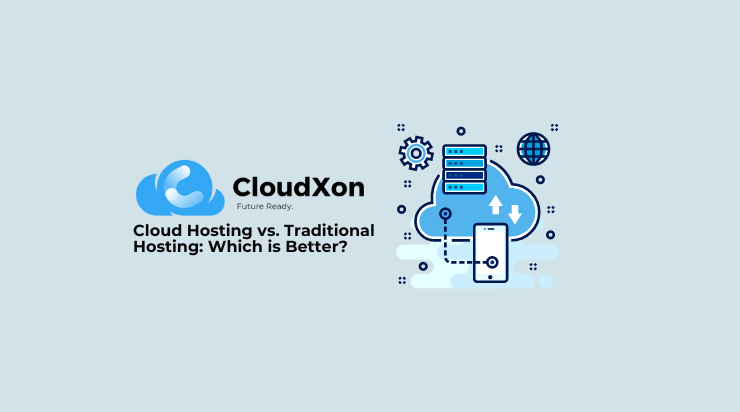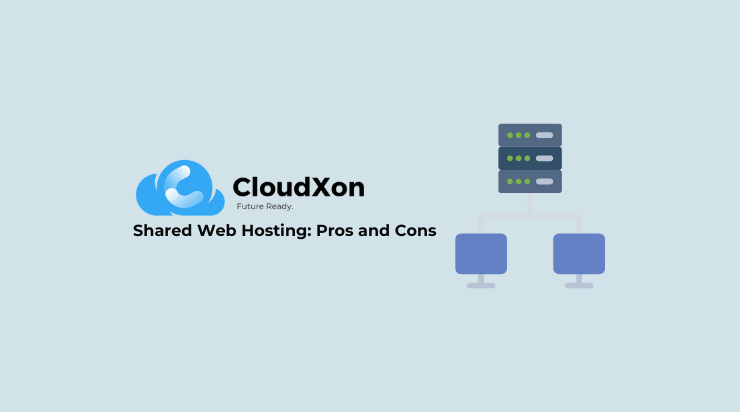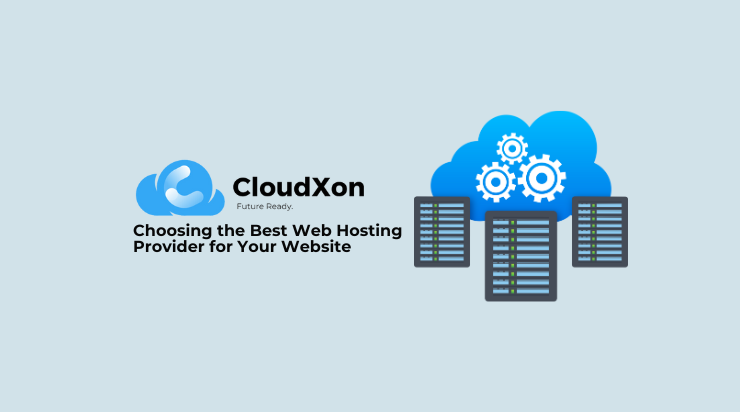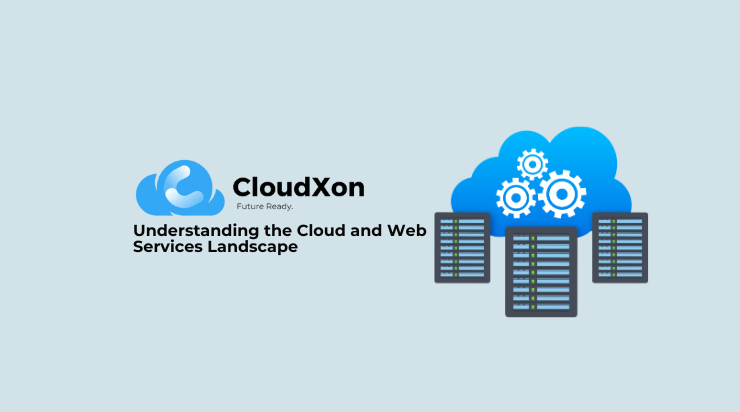Choosing the right hosting solution is a critical decision for any business or individual looking to establish an online presence. Two primary options dominate the market: cloud hosting and traditional hosting. This blog will compare these two hosting solutions, highlighting their features, benefits, and potential drawbacks to help you decide which is better for your needs.
What is Cloud Hosting?
Cloud hosting utilizes a network of virtual servers that pull resources from a pool of centralized physical servers. Unlike traditional hosting, where services are typically deployed on a single server, cloud hosting spreads the data across multiple servers, ensuring redundancy and high availability.
What is Traditional Hosting?
Traditional hosting typically refers to shared hosting, VPS (Virtual Private Server) hosting, or dedicated server hosting. These services involve hosting websites or applications on a single physical server or partitioned server resources, often at a single data center.
Key Differences Between Cloud Hosting and Traditional Hosting
- Cloud Hosting: Offers unparalleled scalability. Resources can be easily scaled up or down based on demand, making it ideal for websites or applications with fluctuating traffic.
- Traditional Hosting: Scalability is limited. Upgrading resources often requires manual intervention and may involve significant downtime and costs, particularly with dedicated servers.
- Cloud Hosting: Typically provides better performance due to its ability to distribute load across multiple servers. This ensures that high traffic volumes do not impact site performance.
- Traditional Hosting: Performance can vary. Shared hosting may suffer from the “bad neighbor effect” where one site’s traffic spike affects others, while dedicated servers offer consistent performance but lack the flexibility of cloud solutions.
- Cloud Hosting: Offers high reliability due to its redundancy. If one server fails, another can take over, minimizing downtime.
- Traditional Hosting: Reliability depends on the type of hosting. Shared hosting and VPS may have lower uptime due to shared resources, whereas dedicated servers can offer high reliability but without the failover capabilities of cloud hosting.
- Cloud Hosting: Follows a pay-as-you-go model, which can be cost-effective for businesses that need to scale resources dynamically. However, costs can add up with increased usage.
- Traditional Hosting: Generally has a fixed pricing model. Shared hosting is the cheapest, followed by VPS, with dedicated hosting being the most expensive due to the exclusive use of server resources.
- Cloud Hosting: Cloud providers implement robust security measures, including data encryption, firewalls, and regular security audits. However, security also depends on the configuration and management of the virtual servers.
- Traditional Hosting: Security varies by type. Dedicated servers offer high security due to isolation but require proper management. Shared hosting can be less secure due to shared resources.
- Cloud Hosting: Often includes management tools that automate updates, backups, and monitoring, reducing the administrative burden.
- Traditional Hosting: Requires more hands-on management, especially with dedicated servers, which need regular maintenance and updates by the user.
Benefits of Cloud Hosting
Easily adjusts to changes in traffic and resource needs.
Pay for what you use, with no need for significant upfront investment.
Redundancy ensures minimal downtime and continuous availability.
Data can be distributed across various geographic locations, improving load times and user experience.
Benefits of Traditional Hosting
Fixed pricing models make budgeting easier.
Dedicated servers offer exclusive access to resources, enhancing performance.
Greater control over server configurations and software environments, particularly with dedicated and VPS hosting.
Which is Better for You?
Shared traditional hosting might be sufficient due to its low cost and simplicity.
Cloud hosting is often better due to its scalability and reliability, which can handle traffic spikes and ensure uptime.
A hybrid approach using both dedicated servers for critical operations and cloud hosting for scalability and backup can be ideal.
Cloud hosting provides the flexibility to grow quickly without significant initial investment.
Conclusion
The choice between cloud hosting and traditional hosting depends on your specific needs, budget, and technical requirements. Cloud hosting excels in scalability, reliability, and flexibility, making it suitable for dynamic and growing businesses. Traditional hosting, particularly dedicated servers, offers stability and control, which can be advantageous for enterprises with predictable workloads and stringent security requirements.
Evaluate your current and future needs, and consider factors such as traffic patterns, budget constraints, and technical expertise to make an informed decision. Both hosting solutions have their merits, and understanding their differences will help you choose the one that best aligns with your business objectives.
Discover Your Ideal Hosting Solution with CloudXon
Ready to choose your hosting plan? Contact us today to discuss your hosting requirements and find the perfect solution for your website.




